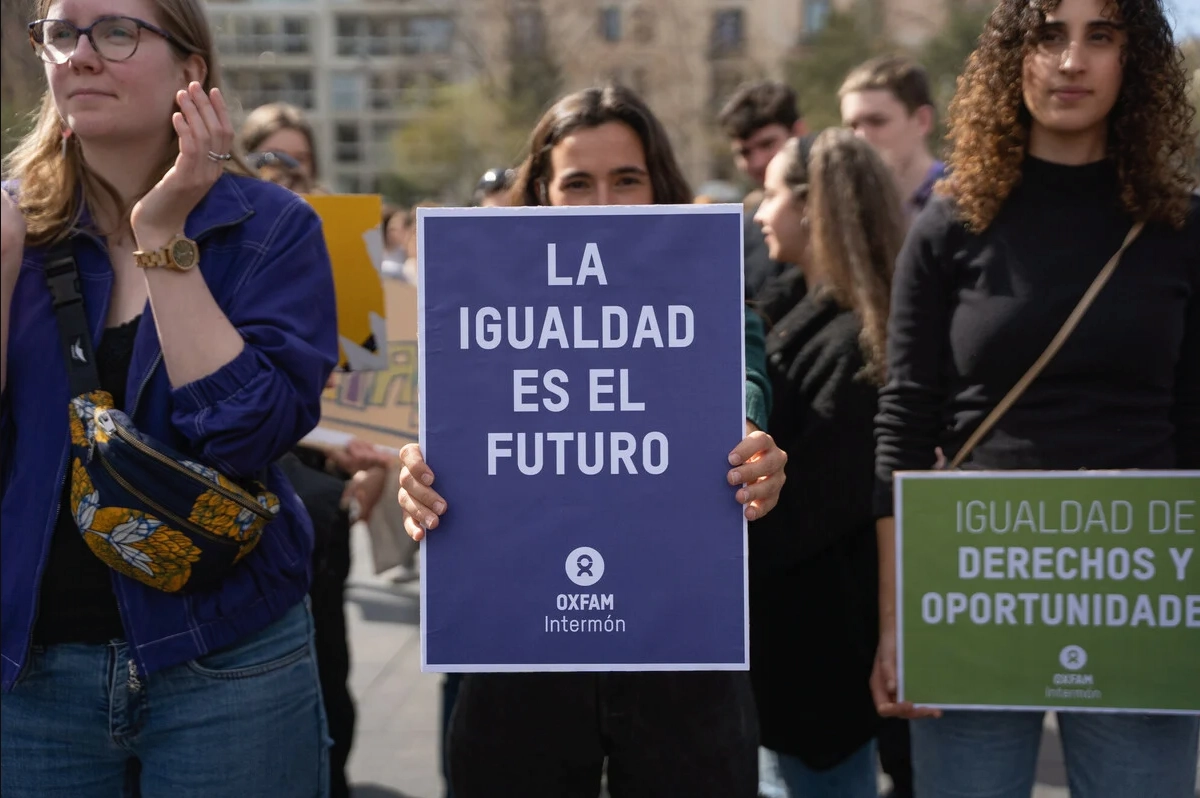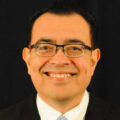In just three years, the combined wealth of the five richest men in the world has more than doubled, from 405 billion dollars in 2020 to 869 billion in 2023. This implies that these five people today accumulate wealth similar to that produced by Colombia, Argentina, and Uruguay combined over 2021, for example. In turn, these five billionaires coexist on the same planet with another 4.8 billion people who have been impoverished since 2019 following the pandemic and the subsequent global inflationary outbreak. Most of these people have the faces of women, girls, and boys, racialized people, and minorities excluded from society.
According to Oxfam’s report, “Inequality Inc. How corporate power divides our world and the need for a new era of public action”, recently launched at the World Economic Forum in Davos, the concentration of corporate and market power, especially of major global corporations in developed countries, is a reflection of the concentration and centralization of capital and wealth.
As monopoly power increases, incentives for firms to compete are reduced, which in turn further deepens monopoly power. Thus, corporate power and monopolies operate as a relentless inequality-generating machine.
This phenomenon reveals the extent of the consolidation of the neoliberal model in most parts of the world by a small billionaire elite that has benefited at the expense of the economic, social, environmental, and political rights of millions of people around the world.
In this context, current inflationary pressures result from increased corporate profit margins. Particularly in those economic activities where curfews or energy and food disruptions along the supply chain of several countries have provided a unique opportunity to maximize corporate profit margins.
Inequality is multifaceted. Latin America is the region with the highest levels of wealth inequality in the world. According to data compiled by researchers Chancel, Piketty, Saez, & Zucman, in 2021 the richest 10% of households in the region will own more than three-quarters of total wealth, while half of the poorest households will own just 1%. There is also another inequality, which contrasts the countries of the global South with the developed one, where 69% of the global private wealth is concentrated, even though it houses only 21% of the world’s population, according to the Oxfam report.
A historic vote to start reversing inequality
Faced with this situation, numerous global South countries succeeded on November 23, 2023 in getting the United Nations to approve the negotiation of a new global tax framework within the organization, following a resolution launched by a group of African countries led by Nigeria. This resolution suggests that member countries should appoint an ad hoc intergovernmental committee to develop a comprehensive treaty on international tax cooperation, with work to be completed no later than June 2025.
The resolution was approved by 125 member countries and rejected by 48 countries — mostly developed countries — including the United States and European Union countries, which account for 75% of global tax abuses, according to the Tax Justice Network. This lack of support from rich countries makes it clear, according to Susana Ruiz, head of Tax Justice at Oxfam, that developed countries “want to maintain their monopoly on the decision-making space”.
This is just another demonstration that the debate revolves around defending an economy at the service of all people, not just a privileged minority. This is achieved by strengthening the state, effectively regulating the private sector, and reinventing the business sector to curb and contain corporate power and the concentration and centralization of wealth.
To achieve this goal, as highlighted in the Oxfam report, it is necessary to implement a strategy aimed at generating pressure on global policymakers. In this context, I believe that the missing piece in this puzzle is civil society organizations. They play a fundamental role in knowing, exercising, and demanding the fulfillment of economic, social, environmental, and political rights, thus contributing to the construction of a more equitable society.
In this regard, more than fifty Latin American civil society organizations met in 2023 to initiate an advocacy campaign for a “New Fiscal Pact in Latin America and the Caribbean”. The objective was to promote the construction of an inclusive, sustainable, and equitable global tax system to be presented to the region’s finance ministers. The effort materialized in the creation of a Regional Platform for Tax Cooperation and in the support for the elaboration of a framework tax convention. The main purpose was to radically transform the way tax rules are set at the global level, moving away from the dominance of developed countries within the United Nations.
The countries of the global South and civil society have taken action. Now is the time for global leaders to embrace a bold and equitable transformation. Whether they will be willing to do so, however, remains to be seen.
*Translated by Janaína Ruviaro da Silva from the original in Spanish.












